Africa Day took place on the 25th of May. This is a day that all Africans celebrate their cultural heritage, historical background, as well as pay homage to people who dedicate their lives to fight for their equality. Furthermore, the year 2022 would have been the year that musical icon and freedom fighter Miriam Makeba would have turned 90. Her ethos, legacy and beliefs align vastly with those of Africa Day, that it is only fitting to focus on her. Makeba died aged 76 in November 2008 and her legacy still lives on till today.
Makeba, who was affectionately dubbed Mama Africa as well as the Empress of African song, was a singer, songwriter, actress and civil rights activist. She was the quintessential freedom fighter who during the repressive apartheid regime decided to boldly use her music to directly criticize the government during the 1950s. This was by no means an easy task, but one that only a true warrior like herself could undertake. She did not care about the consequences because freedom for the oppressed was what fuelled her passion, in spite of the harassment she received from the government.
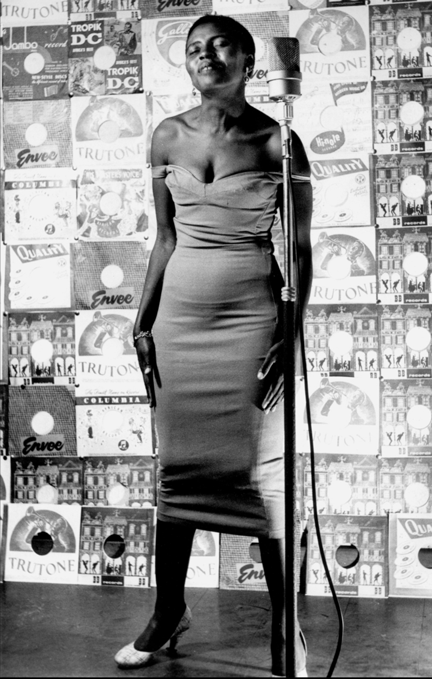
Makeba was one of the most visible and outspoken opponents of South Africa's apartheid regime from the 1960s till its dismantling in the early 1990s. Zenzile Miriam Makeba was born on March 4, 1932, in Prospect Township which is situated in Johannesburg, and grew up in Sophiatown. She grew up in a segregated Black township, and when apartheid was introduced to South Africa in 1948, Makeba was old enough to grasp its unfairness, as well as to notice the limitations that were placed not only on herself, but to all Black people who reside in the country.
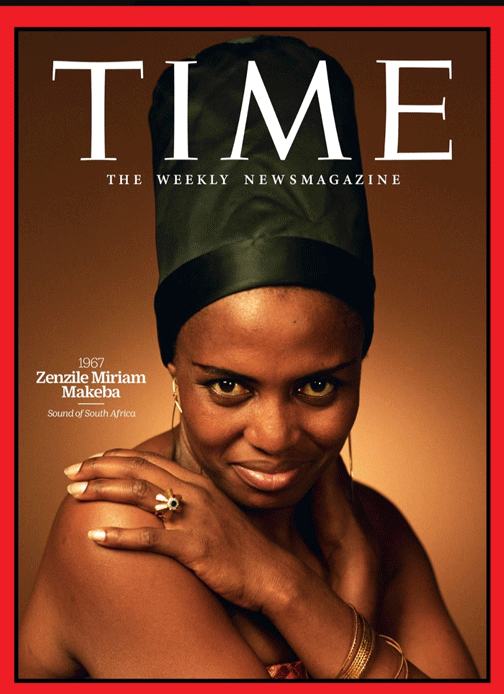
From an early age she showed signs of being a musical prodigy, and like many other talented singers she began her musical journey in church. She performed her first solo during the 1947 Royal Visit. Makeba began her music career singing for her cousin’s band, the Cuban Brothers. She began singing professionally in 1954, and rose to popularity when she began to sing for the Manhattan Brothers. From 1957, she sang for an all-women group, the Skylarks, which she founded along with her other bandmates Mary Rabotapi, Abigail Kubeka, Mummy Nketle and sometimes with Dorothy Masuka. She not only performed with various groups but she also appeared in movies such as Lionel Rogosin's 1959 docu-fiction film Come Back, Africa, and Todd Matshikiza’s King Kong (1959), which propelled her international stardom.
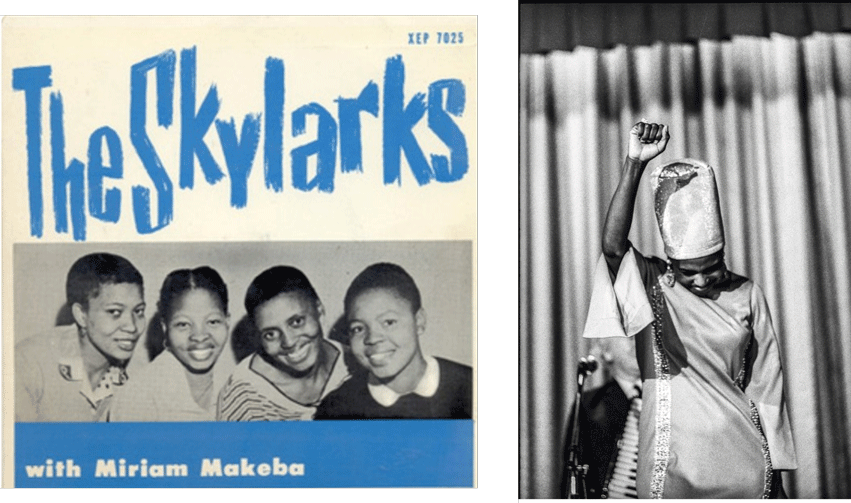
In 1960 she was denied re-entry into South Africa after a performance in Europe, and in 1963 the government went a step further by banning her records and revoked her passport. This was a punishment for her public defiance of the regime. The consequences were horrible; the worst punishment came when her mother passed away while she was in exile and she was prevented from returning home for the funeral. Makeba, like others in her shoes, understood that there is a trade-off when one goes against the grain. This decision was not one she took lightly, nor was she delusional about the lengths the government would go to in order to ensure that she served as an example to those who wanted to fight in the struggle. Unfortunately, by virtue of fighting in the struggle she made a decision to be a floating nomad who was shunned by her motherland. Missing her mother’s funeral was the price she paid for the greater good of her fellow countrymen.
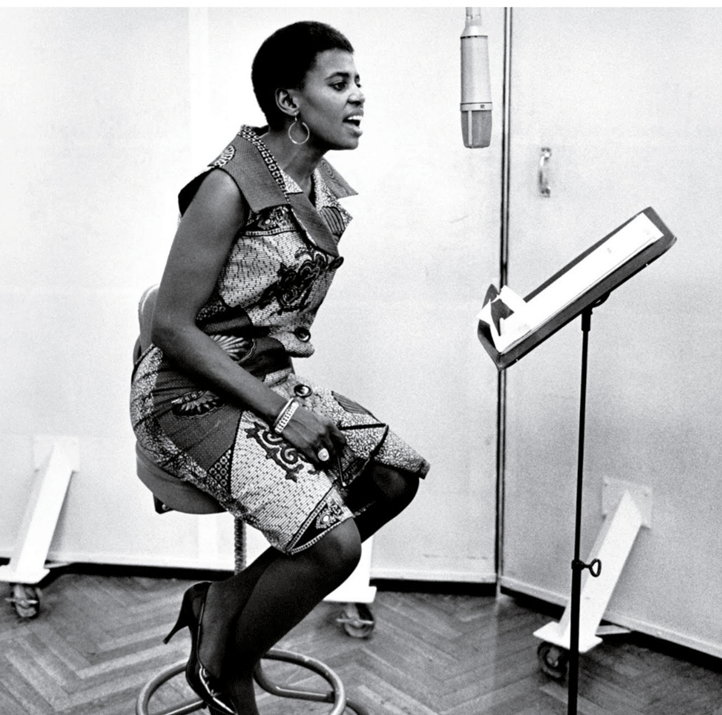
During her time in exile, she became a celebrated world renowned artist. She sang songs of her native land proudly, boldly and unashamedly. These were songs that were sung by Black people during that epoch, as a way to express their feelings. These songs were often draped with a melancholic message, but had a rhythm which often served as a temporary alleviation of the situation when people were dancing to them in their local shebeens. Some of her most notable songs include "Qongqothwane", popularly known as "The Click Song", "Malaika", "Hauteng" and "Pata Pata", whose popularity turned it into an anti-apartheid anthem, amongst many. One of her most notable musical partners was Calypso King Harry Belafonte, who was also an American civil rights activist.
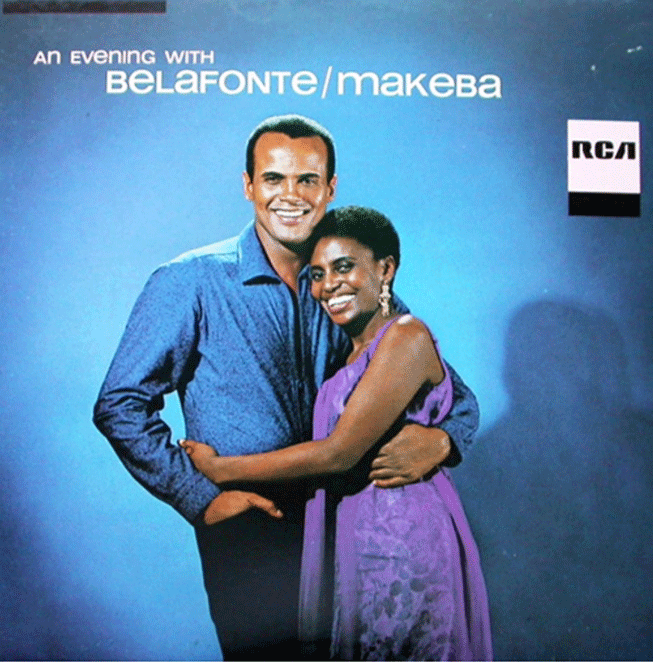
As a result of performing across the world, she was exposed to the injustices that were not only faced by Black people in her native land, but also by Black people from across the world. Through her performances, she used her platform to highlight the injustices that were experienced by Black people across the diaspora. Her undeniable passion for uplifting all Black people highlights the United Nations Sustainable Development Goal on Sustainable Cities and Communities. Through her singing she advocated that Black people should be allowed to protect the world's cultural and natural heritage.
Makeba became increasingly involved in, and identified with, Black consciousness. She became associated with radical activity not just against apartheid but also in the civil rights movement and then Black power. In 1967, while in Guinea, she met the Black Panther leader Stokely Carmichael, who became her husband the following year. While in exile, she highlighted the United Nations Sustainable Development Goal on Peace, Justice and Strong Institutions, which promote just, peaceful and inclusive societies across the world. Her philosophy was that an injustice anywhere is a threat to justice everywhere
She is a formidable cultural icon who deserves to be celebrated. She is regarded as one of the world’s most prominent Black African performers in the 20th century and even after her death, through this turmoil times her message of despondence from one of her famous songs “A luta continua” is still prevalent.
